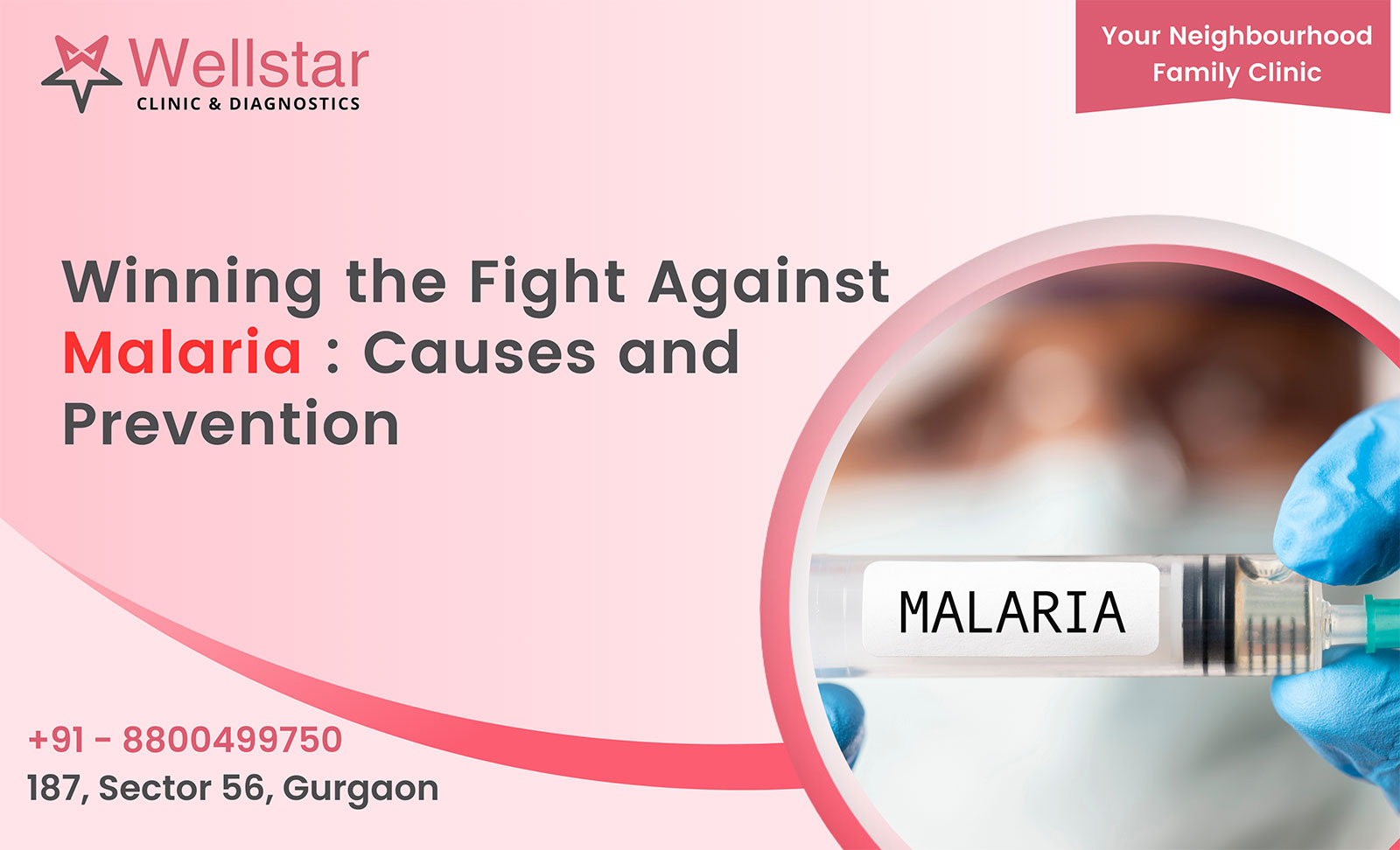Winning the Fight Against Malaria: Causes and Prevention

“Winning the Fight Against Malaria: Causes and Prevention”
Introduction:
Malaria, a life-threatening disease transmitted by Anopheles mosquitoes, continues to pose a significant global health challenge. Despite being preventable and treatable, it claims hundreds of thousands of lives each year. Understanding malaria’s causes and prevention strategies is crucial in combating this infectious disease. This blog explores the lifecycle of malaria, comprehensive prevention strategies, and evaluates the efficacy of various mosquito killer agents.
The Cause of Malaria:
Malaria is caused by the Plasmodium parasite, which is transmitted to humans through the bite of an infected female Anopheles mosquito. There are several species of the Plasmodium parasite, but Plasmodium falciparum is the most deadly. When an infected mosquito bites a person, the parasite enters the bloodstream, eventually reaching the liver where it multiplies. It then re-enters the bloodstream and infects red blood cells, leading to the symptoms of malaria.
Preventing Malaria:
Prevention is the most effective way to reduce malaria incidence. Strategies include:
- Use of Insecticide-Treated Nets (ITNs): Sleeping under long-lasting insecticidal nets can significantly reduce malaria transmission.
- Indoor Residual Spraying (IRS): Spraying insecticides inside homes kills mosquitoes and reduces disease transmission.
- Antimalarial Drugs: In high-risk areas, taking preventive antimalarial medication can be effective.
- Environmental Management: Reducing mosquito breeding sites by draining stagnant water can help control the mosquito population.
Killing Mosquitoes: Effective Strategies:
Controlling the mosquito population is key to malaria prevention. Strategies include:
– Larvicides: Chemicals that kill mosquito larvae. These can be applied to water bodies where mosquitoes breed.
– Adulticides: Insecticides that kill adult mosquitoes, often used in fogging operations.
– Biological Control: Introducing natural predators of mosquitoes, such as certain fish species in stagnant water, can reduce the mosquito population.
Mosquito Killer Agents and Their Efficacy:
Various chemical, biological, and physical agents are used to kill mosquitoes. These include:
– DEET (N,N-Diethyl-meta-toluamide): A powerful insect repellent applied to skin or clothing.
– Picaridin and IR3535: Effective and safer alternatives to DEET.
– Permethrin: An insecticide used to treat clothing and mosquito nets.
– BTI (Bacillus thuringiensis israelensis): A biological larvicide that targets mosquito larvae without harming other wildlife.
Which Agent is the Best?
The effectiveness of a mosquito killer agent depends on its application and the specific needs of an area. For personal protection, DEET and Picaridin are considered highly effective. For broader mosquito population control, a combination of strategies including IRS, ITNs, and environmental management yields the best results.
Conclusion:
Malaria remains a major health threat, but with the right strategies, it is preventable and manageable. Understanding the disease, timely diagnosis, employing preventive measures, and using effective mosquito killer agents are crucial steps in the fight against malaria. Communities and health organizations must work together to deploy these strategies effectively, aiming for a malaria-free world. Let’s renew our commitment to defeating malaria, safeguarding health, and saving lives.
